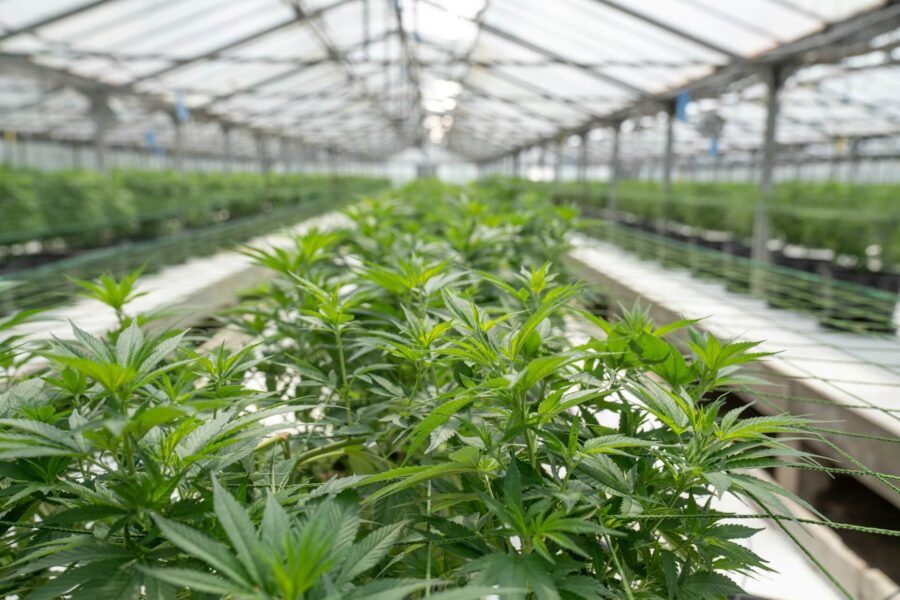Key changes for businesses this October
- The Seasonal Worker route has been expanded again to include roles in the poultry sector. This means that between 18 October to 31 December each year, workers wanting to take up very specific jobs in poultry (such as bird / game dressers, trussers and poultry meat packers) can come to the UK to work. They will need to be sponsored by an approved scheme operator (an overarching body regulated by DEFRA and licenced by the Gangmaster Authority) who will have overall responsibility for the worker’s welfare, including ensuring they are paid the correct wage. The worker will be placed with a UK employer who must pay the worker at least £25,600 per year (pro-rated to account for their time in the UK) and ensure they work at least 30 hours a week.
- Nationals of Columbia, Guyana and Peru have been granted non-visa status. This means people from these countries can come to the UK as visitors without having to formally apply for a visa in advance. They must still travel within the confines of the visitor rules while in the UK and may be questioned by immigration officials at the border as to the purpose of their visit. Nationals should therefore travel with evidence that their visit is for business purposes, including letters from their overseas employer and UK host confirming the purpose of the visits.
- There has been quite a significant but small change to the Global talent route, specifically those seeking endorsement under the Arts and Culture, and Digital Technology routes. The Arts Council will require the 3 letters in support of the endorsement to come from people or organisations who have worked directly with the applicant. Similarly, applicants under the digital technology strand of this route will have to provide 3 letters of support from organisations who have knowledge of the applicant’s talents in the previous 12 months.
- The police registration scheme has been formally abolished. This change took effect in practice in August and removed the requirement for migrants in certain categories to register with the Police when they arrived in the UK.
- Adult children of Hong Kong BN(O) Household Members will be able to apply for status independently of their parents.
- Nationals of British Overseas Territories have been added to the majority English speaking list. This means nationals of these countries do not need to prove their English language abilities when applying for visas.
- The Global Business Mobility Service Supplier route is being updated to enable permanent residents of Australia and New Zealand to apply under this route if the services they want to provide in the UK are covered by trade agreements between their county and the UK. Australians applying under this route will also be able to stay in the UK for 12 months.
- Sponsors in all work routes will be able to make temporary reductions to migrant’s pay if they have to reduce their hours due to health reasons, including phased returns to work. If this is the case, an occupational health report must be produced and the minimum hourly rates (which for workers sponsored under the skilled worker route is £10.10 per hour), must still be met.
Other important changes
- A new route is being introduced which will give temporary permission to stay for victims of modern slavery. Applicants must be confirmed victims of slavery or trafficking who are in the UK, which means they must first get a decision on their status as a victim. Successful applicants (including children) will then be given permission to stay in the UK for 30 months, but they can then renew that permission providing they still meet the eligibility criteria. The Home Office must be satisfied that if they grant permission, this will help the applicant recover from physical or psychological harm, enable them to seek compensation and co-operate with officials in investigating the exploitation. Permission will not be granted if the Home Office feels the applicant could get help abroad.
- The Ukrainian extension scheme will allow Ukrainians who have permission to stay in the UK for any period between 18 March 2022 and 16 May 2023 to extend their stay to 36 months, which will help anyone who only received a temporary permission. Applications must be made by 16 November 2023.
When do these changes come into effect?
Most of the changes for businesses come into effect on 9 November 2022 but not all. F0r example, the expansion of the seasonal worker route took effect on 18 October and the new route for victims of modern slavery will open on 30 January 2023.
What does this mean for businesses?
The changes as a whole do not mean a great deal for businesses but there are some helpful tweaks. For example, removing the need for Columbian nationals to apply for visitor visas in advance of travel to the UK, or the expansion to the seasonal worker route for poultry workers which will no doubt help turkey sales in the lead up to Christmas.
More notably are the changes that are missing. For example, many hoped that the investor route would be re-opened this Autumn after the route closed earlier this year in response to the war in Ukraine. The investor route is often the only route available to wealthy individuals wanting to come to the UK to invest and create new businesses. The fact it was not included does not necessarily mean this route will forever be closed to investors into the UK, and we will have to keep a close eye on developments in this area.
Our specialist Business Immigration team can breakdown the overload of immigration guidance and information, in a way that is clear and easy to digest, so you can employ people legally here in the UK. Have a question about business immigration? Reach out today at a.christen@capitallaw.co.uk.




